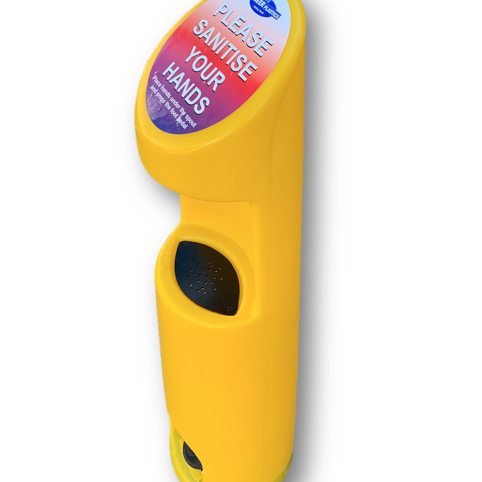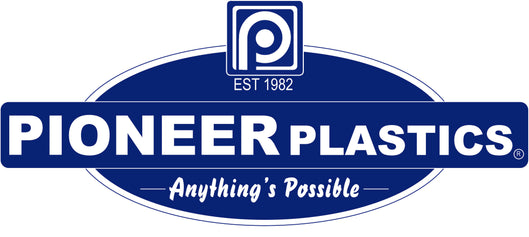
How to Protect Your Employees from Getting Sick All the Time
Without your employees, your company will not be able to function properly. Their performance is directly linked to your company's profit margin. If they don't perform, your business could lose a lot of money. Lowered productivity levels, spreading their illnesses to other employees and missed working hours are just some of the effects sick employees can have on your company.
As a business owner, it is imperative to do whatever is needed to ensure a safe work environment that will keep your workforce healthy and motivated. Not sure how? Read further to discover the secret to a happy and healthy workforce.
What Can You Do to Protect Your Staff?
Employers always appreciate a strong work ethic, but sick employees should stay home so their condition doesn't escalate. And to protect the rest of your employees.
One way to prevent illnesses from spreading in the office is by encouraging workers to wash their hands regularly with water and soap for at least 20 seconds. Adding sanitiser to their hygiene regime is also an excellent idea.
Another way to keep germs from spreading is to clean frequently touched surfaces like door nobs, countertops and workstations with cleaning agents or disposable wipes.
Affordable Portable Wash Basins in South Africa
Running water is often a luxury in rural schools or large factories, making it difficult for employers to manage employee health and wellbeing. To combat this issue, you can invest in portable washbasins for your premises. Strategically placed washbasins can help create awareness and stop employees from spreading diseases.
At Pioneer Plastics, we manufacture washbasins in various shapes and sizes to suit your unique needs. Our basins can also accommodate a sanitiser stand for additional protection.
Get your hands on affordable hygiene and sanitation products to protect the health of your employees and your bottom line. Call us right now!
